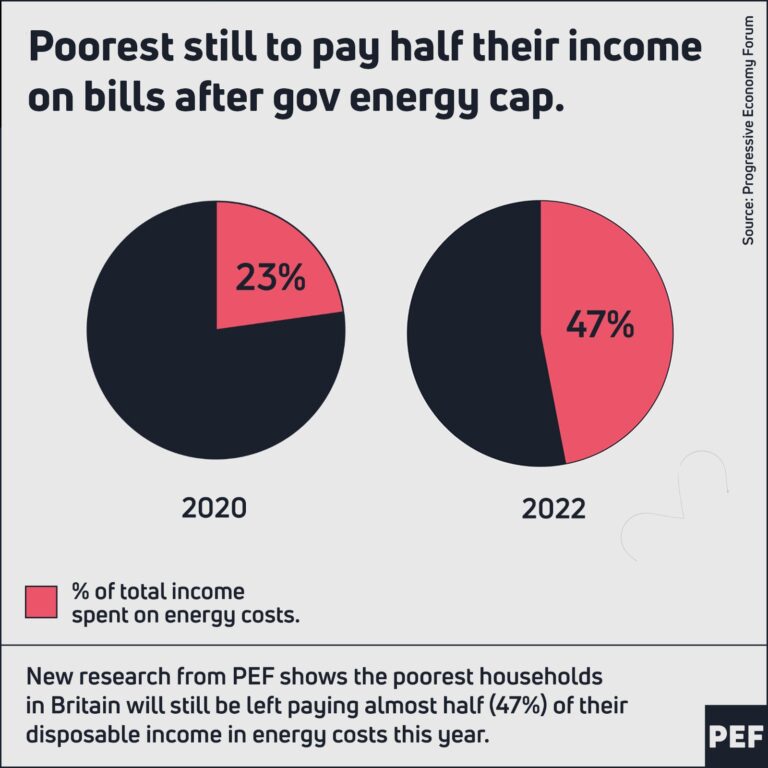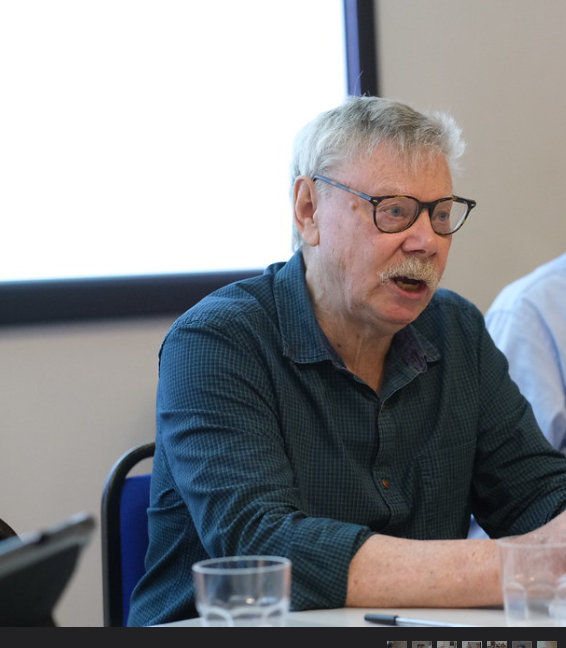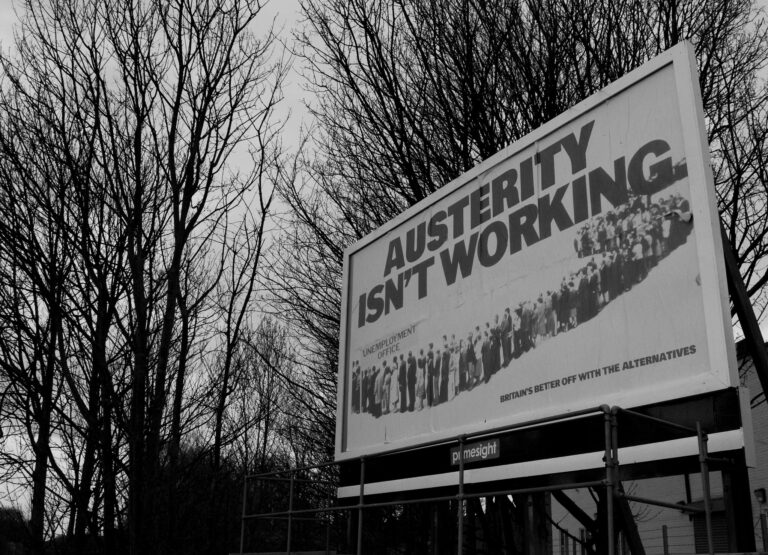
Politics is about people, about our different views and our understandings about people – about what motivates them, why they behave in the way they do, and what will most help or hinder them. In the spring of 2016 I published a short book titled: ‘A Better Politics: How Government Can Make Us Happier’ which is also free to read on-line.
I argued that in our current era we have policies for those that believe that poor people are lazy and that this harms us all. The reality is we’re all very much the same, driven by the same physiological and emotional needs. But that we start at different points, and a few people are more selfish and greedy than others. A larger group can become hardened and more indifferent to the suffering when we live in a society as divided as the UK has become.
The last six years have been a rollercoaster. David Cameron introduced his happiness index in 2016. The measures that contribute to that index were rising then. There was growing hope, despite the huge divisions cause by the Brexit referendum result. The proportion of people in the UK who said that life was worthwhile, that they were not too anxious, that their life satisfaction and happiness was good, all climbed, peaking with the outcome and in the aftermath of the 2017 general election.
However all four of these measures worsened rapidly around the time of the 2019 general election. Two thirds of the fall in happiness occurred between the third and fourth quarter of 2019, as did three quarters of the rise in anxiety. The pandemic made this worse, but the current plunge to greater levels of despair began before it.
Politics is also about power and winning that. For the conservative establishment, maintaining, not reducing, inequalities is seen as essential. In the past it was almost exclusively under Conservative governments that inequalities in income were increased. They may be about to do that again. There is a fight back taking place, but as yet it is mainly confined to ad-hoc protests, strikes, and suggestions of a few think tanks.
We need a better politics than this, one which will require confronting head on the central deception about our current state and likely future.
Resigned
On 7th July 2022, when Boris Johnson resigned, he said that if we stayed close to his chosen path then soon: “… we will be the most prosperous in Europe.” We clearly would not. He ended his speech promising that “… even if things can sometimes seem dark now, our future together is golden.” Talk of sun-lit uplands is wearing thin. The future now looks cold, not golden. There is no guarantee that the fuel bail-out will avert actual shortages of gas this winter, and we already know that overall higher bills will cause rising hunger.
Britain today competes with Bulgaria to be the most economically unequal country by income in Europe. Those surviving on the least in Britain now have living standards lower than their equivalents in some parts of Eastern Europe. Most of the poorest are in work, but work pays so badly that almost half of all UK adults are not tax payers. The UK has low unemployment because people will take any job they can. Often several jobs.
In comparison to average wages, the UK had the lowest unemployment benefit for single people in all of Europe. Other social security payments have continued to fall in generosity as a share of average wages. This fall continued even during the last 14 years when average wages also fell when compared to prices. The British state pension remains amongst the lowest in Western Europe, despite being protected from rising inflation. The average UK pensioner saw their real terms weekly income (after housing costs) rise by only £12 between 2010 and 2020, to £331 a week. That is an extra £1.71 a day. Pensioners are the demographic group that did better than others in that decade. The reason why their income hardly rose at all, during the years when the state pension was protected by the triple lock, was that other social security payments that pensioners received and relied upon to ensure they could cope were reduced in real terms. Those with disabilities have suffered particularly badly.
Hard work
The current government’s response is to tell people to work harder. In the first quarter of 2022 there were almost 50,000 sanctions for not trying hard enough to find work, almost three times the number made in the last quarter before the pandemic began in early 2020. Sanctions are the removal of up to all benefit income. This is most often for ‘failure to attend or participate in a Work-Focused Interview’.
However, many of the people being sanctioned have attended and participated in these interviews, but in the view of their ‘Work Coach’, have not done sufficient work search or other activities. This is how people are pushed into taking any work at all, no matter how bad it is. The researcher who released these figures explained: ‘The latest reported rate of sanctioning would produce 593,000 sanctions on all benefits in a full year. This would be the highest number since 2014, and higher than in any year under the previous Labour government, as far back as statistics are available in their present form.’
The average length that a sanction lasts is a month, but it can last much longer – deliberately causing severe immiseration. Conservatives have tried many different policies to preserve the high inequality they worked hard for and won. A large part of the reason they did not scrap Labour’s minimum wage, and later rebranded it as the National Living Wage – one which many find that they cannot afford to live on – was to not to have to address inequalities more widely. In 2022 the Trades Union Congress called for the minimum wage to be raised to £15 an hour from the current rate of £9.50 for workers over 23 years old and just £6.83 for those aged 18 to 20, and £4.81 for 16- and 17-year-olds. These are too low.
Social security
Labour needs to promise to raise social security support, at least to the more generous standards of most other European nations as compared to average incomes. It needs to agree to minimum wages rising and benefit sanctions being rapidly reduced. But it also needs policies that will curtail rising costs, otherwise no one will be better off. In September 2022 the Scottish government announced that ‘emergency legislation will be introduced to bring in a freeze on rent increases and ban evictions in the private and social rented sector in response to the cost of living’.(
How can Labour address the coming emergency and keep its promise to ‘not spend day-to-day more than we tax’? There is only one way, and that is to increase taxes on those who currently take the most. It is through higher taxes on incomes, but also sometimes on wealth, that other European countries ensure their societies are more fair, have higher long term social mobility, lower poverty and are not beginning to fall apart in the way that the UK is starting to fail. You can be coy about it, and pretend you will not do it – or you can choose to be honest – and also point out what is now falling apart more trenchantly. Labour need not increase the overall tax level by very much to bring public spending up to normal European levels; but it must alter the balance of who pays most tax. Between 1979 and 1990, the basic rate of income tax was reduced from 33% to 25%, and the top rate from 83% to 40%. At the same time there were increases in both VAT, from 8% to 15%, and National Insurance. The overall tax level was 30% in both 1978-79 and the same in 1990- 91.
Taxation does not necessarily ‘raise money’. What it does is alter the distribution of which people can spend the most. If taxes are not increased when public spending is increased, then prices will rise faster, especially for services where the number of people providing that service is limited. Without raising taxes on the better-off, you do not redistribute consumption. Top rate tax increases are also more effective than any cap on banker’s pay at reducing inequality, unfairness, and dangerous gambling by the financial sector.
Inedible growth
People cannot eat growth. They cannot believe promises that economic growth will be their salvation because they have heard those promises so many times. Johnson’s promise (as quoted above) was almost identical to one given by George Osborne seven years earlier. It does not matter who makes these promises, they are simply not believable, not least because sustainable growth that benefits the majority never occurs in societies as unequal as the UK has become.
You can argue that in a more equal society growth is more sustained, because that is what happens in those countries that are more equal. You can argue that this growth tends to be in areas which are more beneficial to society, less polluting and less wasteful, because that is also the case. You can argue that if you do not address the emergency we are in, then we should not expect much growth in the future, especially not much green growth, but you cannot tell people to wait for growth, or that you will somehow increase growth without first addressing the emergency.
You can have long term plans for a far better future. You can, if you wish, talk about how we could in time have a far less bureaucratic welfare state, even of how universal basic incomes are becoming a possibility. However, none of that is believable if you are not publicly willing and have the strength of will to be able to say that you will address the immediate crises that so many people face – head on. Our future together may well not be golden even with the best of policies. But it could soon be even worse than it is today. In the short term the pound is falling in value, stoking up even higher inflation; many people have exhausted the wellbeing and capacity of family and friends to help to keep them afloat; debt levels are terrible; our health is being damaged – not just mental health but we are also rapidly falling down the ranks in terms of measures of physical health. Evictions are rising. Precarity is becoming the norm.
Call out the myth of sun-lit uplands for what it is – a lie told by people who can afford to go on numerous holidays in the sun to those who they hope will swallow the lie, or who can be convinced that things are not getting better because other people are not working hard enough. Don’t try to promise the same lie, hoping that you can tell it a little more convincingly because you really would like things to quickly get better. Instead be honest, say that the current situation is terrible, worse than we have experienced in many decades. Tap into what so many people know to be true. Explain that the UK remains a very rich country, and that the very worse outcomes of current disastrous policy can be tackled immediately. Be clear that we have the resources to do that. Don’t exaggerate. Be clear that in the longer term recovery will take time because there is such a distance to go.
Bulgaria
Currently Bulgaria is moving faster in that direction than Britain is. Inequality has been falling in Bulgaria; but is still rising in Britain. People on average wages will require pay rises this coming year which are higher than those of people earning twice average wages. All of these increases will actually be falls in real income. That is made more bearable if, at the very least, you know that the society you live in is becoming more fair.
During the 1920s, and 1930s, inequalities in income in the UK fell during a series of crises not dissimilar to today. There was little celebration at the time, but had this not happened then the great achievements of the late 1940s, 1950s and 1960s would have been far harder to secure. Today we have both the benefit of hindsight and know that other countries in Europe are currently achieving this. Offer hope, honesty and fairness in response to a government that is promising only growth and fairy tales.
Please don’t mimic. Instead tell it as it is. And please don’t rely too much on the promise of growth. People cannot eat growth.
First published at Labour Tribune MPs.








